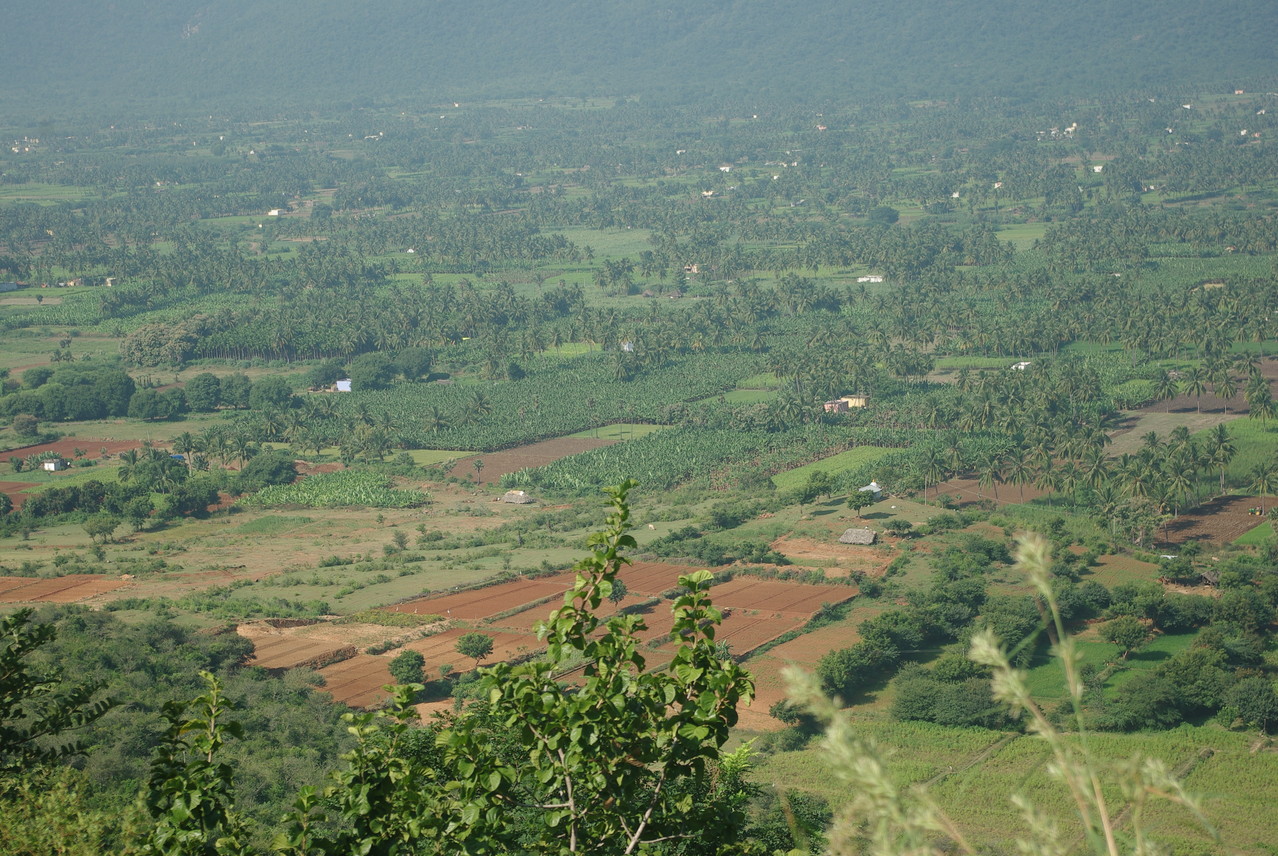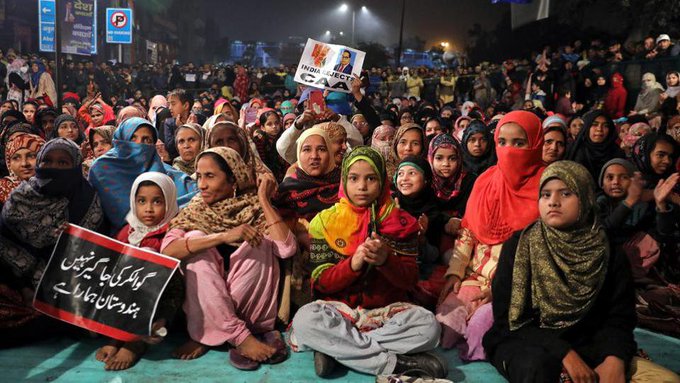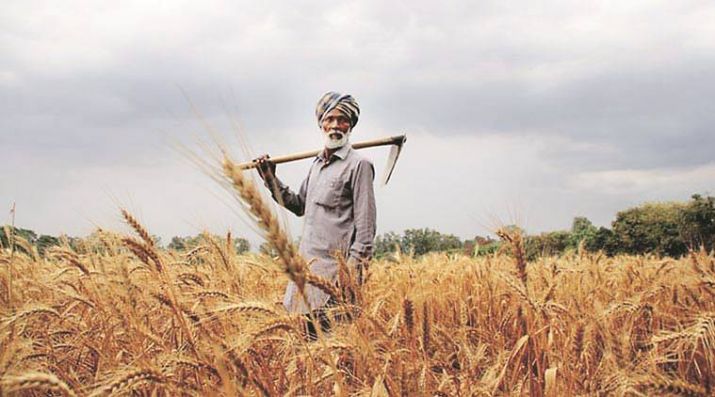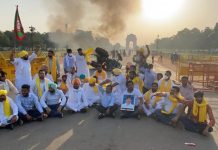On Tuesday, 5th March several Tribal, Adivasi and Dalit groups observed a protest and called for Bharat Bandh in Delhi.
Priyanka Yadav | The New Leam

The protesting groups included organisations like Adivasi Adhikar Andolan, All India Ambedkar Mahasabha and Samvidhan Bachao Sangrash Samiti, Bahujan organisation and other left wing parties as well. Several tribal groups joined by Dalit groups from Madhya Pradesh , Jharkhand, Chhattisgarh and some from the north eastern part of India joined the Bharat Bandh.
The Bandh was observed in order to seek justice for the illegal acquisition of forest land by nearly 10 lakh farmers, the discriminatory 13 point roaster system and lack of SC/ST representation in government jobs and institutions. The Scheduled Tribes and other Traditional Dwellers Act (FRA), 2006 is the base of contention and the main source of all the problems faced by Adivasi and the Tribal population of India today. This act was passed in 2006 under the congress led UPA government and the act called for returning back the traditional forestlands to tribal and other forest dwellers as per the guidelines of the act.
The implementation of the act was rejected by many tribal groups, NGOs, wildlife conservators and forest officials themselves. As argued by all these groups the implementation of act has added to administrative burden and latter unjust allocation and denial of forest land to the tribal community. One of the major anomalies of the act is its non-inclusive nature. The act requires the claimant of the land to have dependence over the land for three generations, which is problematic since in most cases the land record even before independence cannot be found. This makes it very difficult for genuine claimants to provide evidence backing their claim. The act stands discriminatory against the non-tribal forest dwellers as they are they are the one who have been denied most of the forest land.

Adivasis and Tribes have a pre-colonial and pre-independence history of belongingness to the Indian State. Forest lands and forest produce are the primary source of food and occupation for these tribes ever since, land as a property is considered to be inherited from the ancestors since a long time whether registered or not registered. Denial of forest land due administrative failure and lack of formalities is a form of injustice towards the tribal population by the state.
Even after continued resistance by civil society groups and the tribal population themselves, supreme court of India on 13th February ordered a forced eviction of more than 10 lakh tribes and forest dwellers from 16 major states of India. This order of Supreme Court was challenged by civil society and forest rights group after which on February 28, Supreme Court had put a stay on the order and the stay has continued since then.
On Tuesday, tribal groups and organisations decided to protest in demand of sturdy implementation of justice, in reference to their ownership of forest land. Dalit groups also joined in the protest as they have been facing the same kind of neglect and injustice by the state. The 13 point roaster system issued by the university grants commission is a serious instance of discrimination towards the SC/ST and OBC population in India.
As the 13 point roaster system calls for department wise reservation for SCs/STs as opposed to the university wise reservation under the 200 point reservation system. Abiding the 13 point roaster system would mean a huge gap in the number of seats for the SCs/STs and OBC population of the state.
[irp]
In case if the number of seats in the department is less, then there would be no scope of reservation of SC/ST and OBCs in the state. With the recent implementation of reservation for economically weaker section from the general category the chances of reservation for SC/ST and OBC again becomes more glim. Dalit and OBC groups joined the protest with a demand to bring an ordinance in order to reserve the 13 point roaster system as soon as possible. Denial of land rights and denial of social justice is the major cause of concern for the socially and economically backward classes today. Administrative failure and appeasement of one section of the society has resulted to the denial of basic right of mobility to the SC, ST and OBC population of the country. The Bandh was the showcase of the angst of the people from tribal and Dalit communities, as they protested for equal distribution of justice and rights.














